The GEC Textile Award
The Winners & Finalists
The winners of the Textile Award
1st Winner
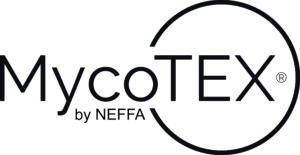
MycoTEX by NEFFA
The Netherlands
MycoTEX by NEFFA® offers an award winning, all-in-one solution for fashion brands. They use an automated seamless production technology to create custom-fit products out of sustainable, vegan textiles made from mycelium (mushroom roots). It is not just a material, but a holistic solution for the entire fashion supply chain.
2nd Winner
Resortecs
Belgium
Resortecs (REcycling, SORting, TEChnologieS) is an award-winning startup that develops technology to empower efficient, industrial-scale textile disassembly, sorting and recycling – driving full circularity in the fashion industry without creative nor quality trade-offs. Their heat-dissolvable stitching threads and rivet buttons enable fashion brands to transform their products into recyclable, circular pieces from the manufacturing stage. The textile-disassembling ovens enable recyclers to unlock higher levels of better-quality material, processing up to 4M garments/year with low emissions and no material damage, so that fabrics can be used over and over again.
3rd Winner
Retraced
Germany
Retraced is a blockchain-powered supply chain management platform to help the fashion and textile industry tackle their sustainability goals from every angle. Our solutions help companies manage their supply chain data, evaluate their compliance efforts and risk factors, and share all information with relevant stakeholders — thereby empowering them to scale their sustainability efforts through connectivity and collaboration. Retraced also offers state-of-the art product and fiber traceability solutions, all the way down to the farmer, providing more clarity into fiber provenance, and helping create more trust with customers and consumers.
The GEC Textile Future Innovation Champions
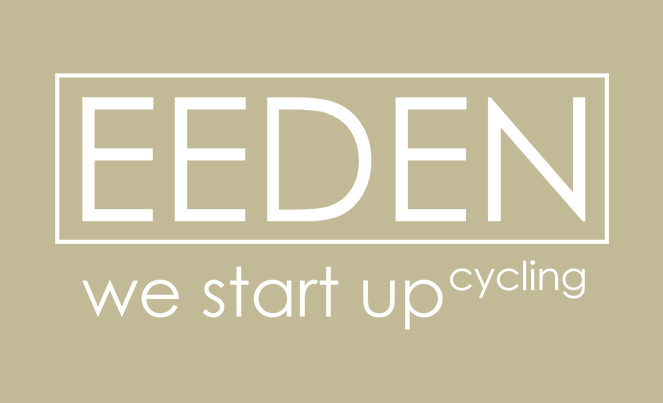
EEDEN GerMan
Germany
www.eedengerman.com
With green-chemical upcycling process for used textiles, Eden enables the linear textile industry to transform into a circular economy and manage to recycle cotton-containing textiles again and again. The upcycling process turns old cellulosic fibers (e. g. cotton) into the starting material for new cellulose fibers (e. g. viscose, lyocell) that surpass the quality of cotton.
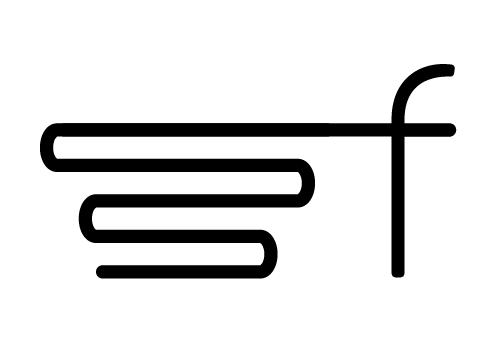
Fairbrics
France
The first Product, Airwear, is a technology that converts cheap and harmful industrial CO2 into polyester yarns for fashion brands that wants to reduce their carbon footprint. The resulting product has the same properties as polyester, but it contains 30% CO2 and as a carbon footprint reduced by a factor of two. The patent pending technology is drop-in replacement based on breakthrough catalytic chemical process. It is based on standard chemical equipment, making it easy to scale. Moreover, it has the potential to become carbon negative.
Kintra Fibers
USA
Kintra Fibers offers apparel brands a cradle-to-cradle material, with tunable performance, at a competitive price. Kintra is a materials science company that makes proprietary bio-based and compostable synthetic yarns. Kintra, envisions a future for the fashion industry that is free from fossil fuels.The inputs are derived from sugar instead of petroleum and we design our materials to fit industrial composing.
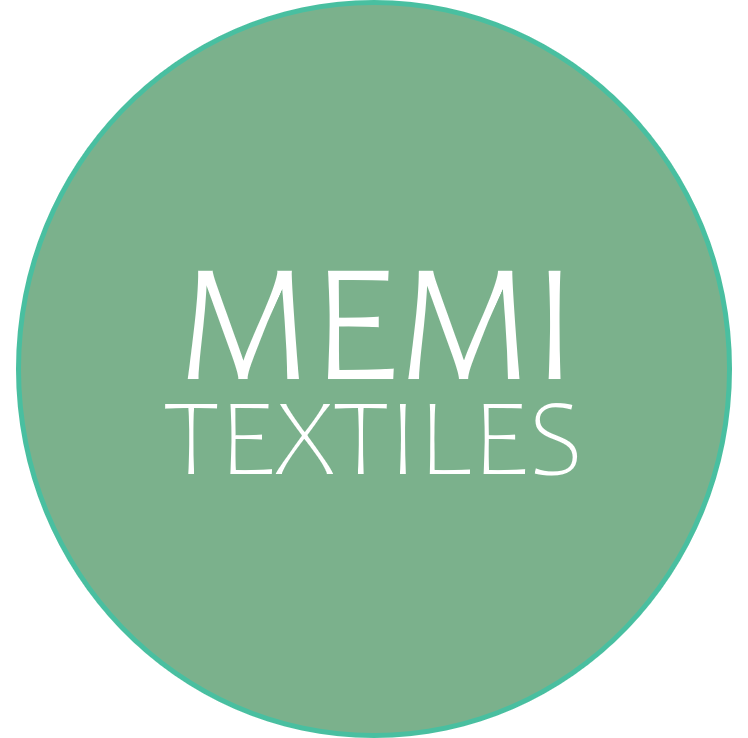
MeMi Textiles
Frankfurt, Germany
MeMi offers a sustainable and viable alternative to disposable diapers. A reusable nappy with the convenience of a disposable diaper is leading the way in preserving the world for our children. A nappy made of high-tech functional textile is being developed that is similar in performance to a disposable nappy, yet is reusable, skin-friendly and potty suitable.

Thullex
Germany
Thullex digitalizes quality control in fashion industry based on sensors to make it scaleable. They digitalize garment quality inspections and measure 2D & 3D dimension.
Finalists assessed by the Jury

Altmat
India, Gujrat
AltMat is a materials science company building materials of future and regenerative circular technologies behind it. One of our key technologies converts biomass of non-textile crops like food or medicinal crops into natural, not regenerated, bio fiber Alt:Ag. Altag embodies holistic sustainability, Inclusivity and performance in each strand.

Biolive Biological and Chemical Technology Industry and Trade Inc.
Turkey, Istanbul
Biolive is a biotechnology company that produces completely natural, bioplastic, biobased raw materials, and 100% biobased vegan leather from olive seeds and non-usable food-borne waste in order to reduce environmental problems in the world and eliminate the deficiencies in the bio-material market.

dimpora AG
Zürich, Switzerland
Dimpora is a start up, which was founded in 2019 as an ETH Spin Off based on the doctoral thesis of one of the co-founders. The company empowers outdoor enthusiasts to enjoy nature without leaving a trace by offering high performing waterproof and breathable membranes based on fluorine-free materials. Dimpora’s membranes support the transition from old chemical processes to better social, economic and ecological sustainability in the clothing industry. Therefore, the company represents the new generation of functional membranes. Dimpora is constantly working on developing innovative membrane solutions with a strong focus on sustainability, recyclability and degradability. Dimpora’s unique pore forming technology enables the application of the membrane as a whole and specifically where it’s needed. It allows the design of a garment the way it serves the customer best.

FibreCoat
Aachen, Germany
FibreCoat aims to make high-performance materials affordable through intelligently combining technologies, materials and partner networks. The first product, AluCoat, was introduced in January 2021 and offers an aluminium coated basalt fibre with metal properties. The material undercuts the price of todays solutions by 90 % and is being sold by FibreCoat to over 30 pilot customers in different fields. FibreCoat uses a technology for the cost-effective production of novel bicomponent fibres from basalt and aluminium, which is available for numerous industrial applications.
KATLA
USA
Katla partnered up with Thorverk, an Icelandic seaweed company, to sustainably harvest the seaweed, a meaningful portion of which (3,500 tons) comes from Sleepy Islands (“Svefneyjar”) in Iceland where Katla is opening satellite operations. Katla is currently structuring a partnership with Thorverk and the Sleepy Islands holding company to go deeper into product development with this important regenerative material and carbon sink in the coming months. The goal is to push further the possibilities that this material has to offer including the development of an alternative to activewear fabrics that provides the same level of support without using synthetics.
Material Exchange
Sweden
www.material-exchange.com
Managed end-to-end Marketplace for responsible sourcing materials and components for fashion, footwear and apparel. Material Exchange is a revolutionary platform that works closely with brands, material suppliers, manufacturers and agents to digitize and streamline complex supply chains.
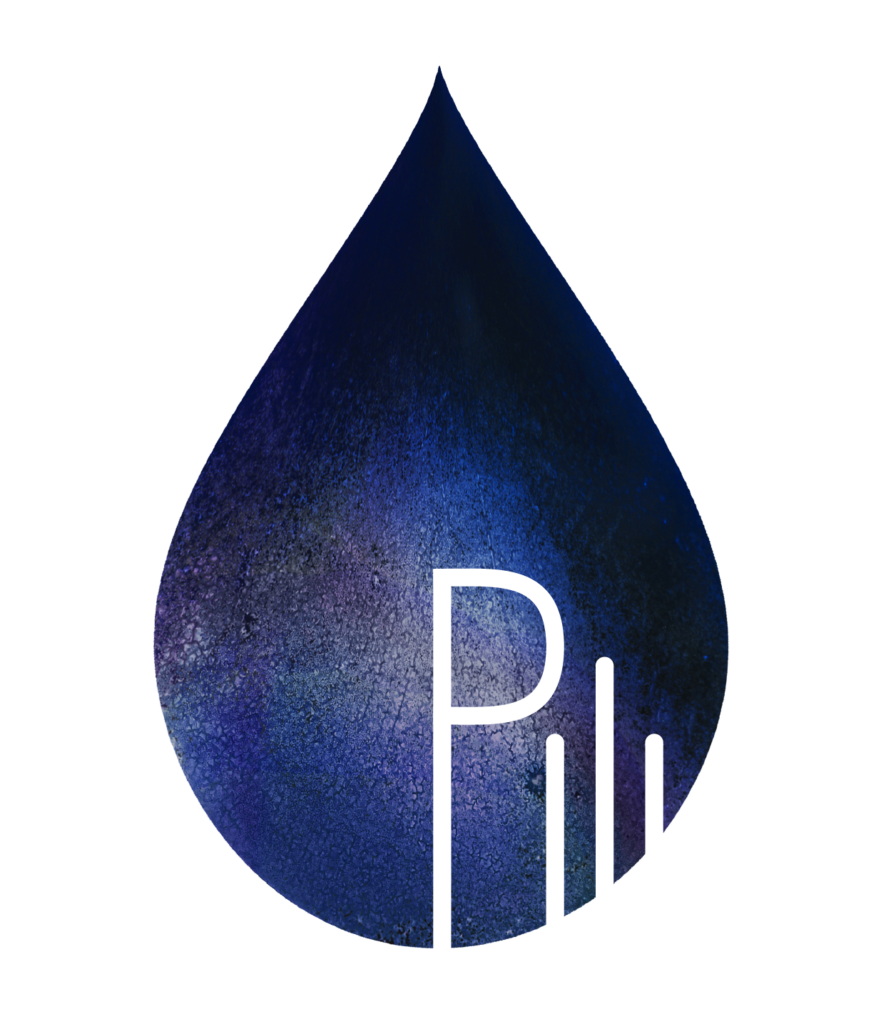
PILI
France
PILI’s mission is to produce sustainable dyes and pigments to reduce the environmental footprint of the color industry. They use hybrid processes combining industrial fermentation and green chemistry to generate high-performance color ranges.
Pili targets the most polluting applications: textiles, inks, polymers, paints & coatings. Biobased dyes and pigments produced from fermentation and green chemical processes for the textile, inks, plastics and paints industries.

Vividye AB
Sweden
Vividye created a groundbreaking technology to make the textile industry circular. A solution that will decrease the need for new garments and limit over production. It promotes consumer reuse, and influences behaviour change to utilize textile garments to their fullest lifespan before recycling. The Vividye innovation is a removable textile print that enables more extensive reuse of textiles.